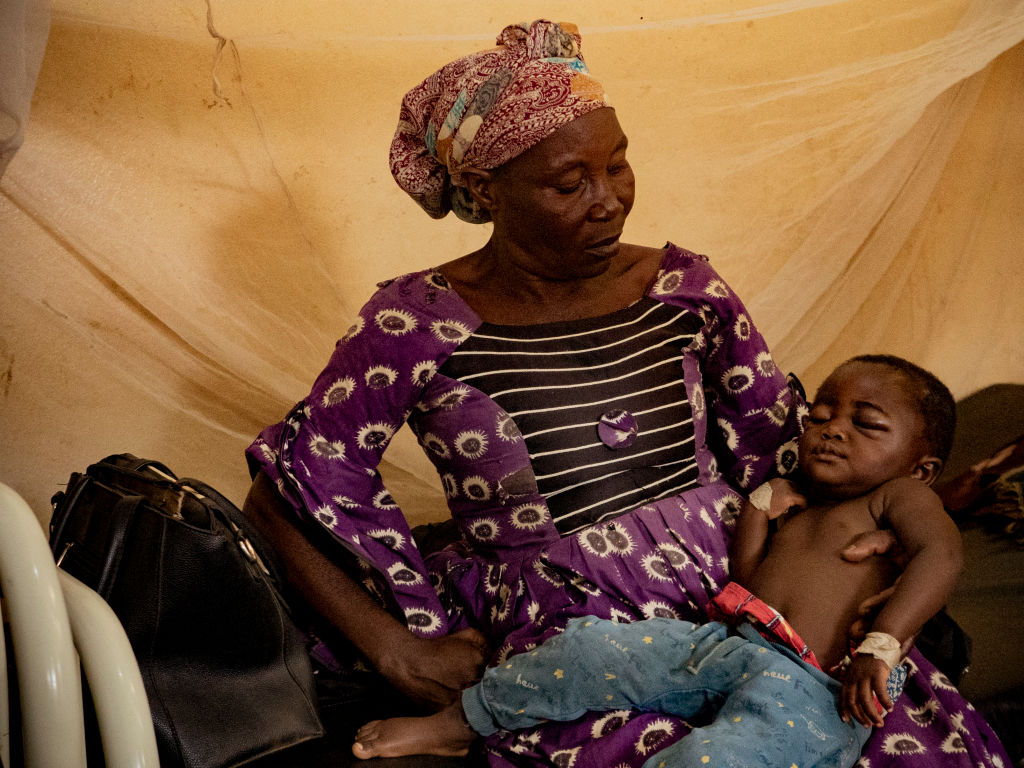ADF STAFF
Mariam sat in a debriefing session with a Congolese military intelligence official and described how a Ugandan rebel had claimed her as his wife and taken her to a camp in the forest.
She felt safe enough in the military base in the town of Beni in the eastern Democratic Republic of the Congo (DRC), near the border with Uganda, to talk about what it was like to live among extremist rebels for two years.
The 22-year-old, who withheld her last name for her safety, lived with one of the deadliest of the 120-plus armed groups that operate in the eastern DRC — the Allied Democratic Forces.
Also known as the Islamic State Central Africa Province, or ISCAP, the group has expanded its reach with funding from the Islamic State group (IS).
Mariam was among about 425 captive women who were freed or escaped from rebels that the Congolese military (FARDC) has questioned since January.
Congolese army spokesperson Antony Mwalushay said the women can have valuable insight on the group’s operations that helps counterinsurgency efforts.
“They sometimes tell secrets that the Army didn’t have,” he told Reuters. “This improves intelligence and allows us to update our data using their information. When we compare their information with that which we hold, it corresponds. This gives us the assurance that the prisoner is serious and gives us reliable information.
“When this information refers to a place where an Allied Democratic Forces leader is located, operations are carried out there, and we find the attackers’ camp precisely.”
The Allied Democratic Forces established itself in the eastern DRC in the mid-1990s before pledging its allegiance to IS in 2019.
A report to the United Nations Security Council in 2023 detailed the group’s recent expansion as an IS affiliate. U.N. experts said the Allied Democratic Forces sent scouts and fighters to plan attacks hundreds of kilometers beyond its normal area of operations in the eastern DRC.
After a series of bombings by the group in Uganda’s capital, Kampala, more than 1,500 Ugandan troops launched a joint military effort with FARDC called Operation Shujaa in December 2021, aiming to flush out and destroy the militant group.
“In North Kivu, Operation Shujaa had an impact on the sanctioned armed group,” the U.N. report said. “Nonetheless, the Allied Democratic Forces pursued expansion beyond North Kivu and Ituri provinces and continued to conduct deadly attacks on civilians.”
Now FARDC is turning its attention to the group’s former captives and hostages, who are providing insight and knowledge of its operations.
Another 22-year-old woman who lived in an Allied Democratic Forces camp when her husband joined the terror group, said they live by a strict interpretation of Shariah.
“All the Muslim law there is very different from what we experience here,” she told Reuters. “For example, the women cover their entire face. You cannot see or even recognize them.
“At the Allied Democratic Forces camp if you speak to a husband who is not yours, they whip you.”
Jolie Mbangu Tcheko, a community leader in the village of Eringeti near Beni, heard stories from former hostages of the Allied Democratic Forces who said the group wants all civilians in the area to practice the same strict interpretation of Islam.
“According to the testimonies of the hostages released by them in the forest there, they say that the Allied Democratic Forces observe Muslim prayers and want us all to be Muslims,” she told Reuters.
“The attacks continue. We live in chaos. In Eringeti, things are really not going well.”

